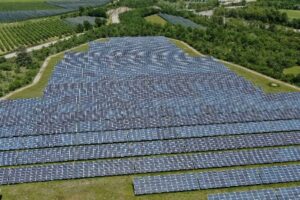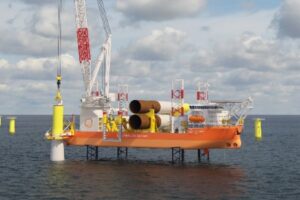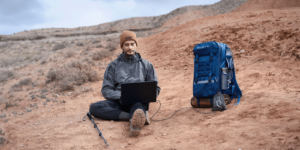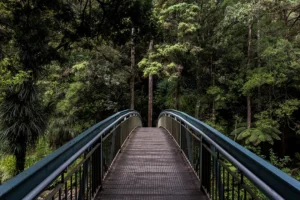Strata closes on $559M for 1 GWh battery storage project in Arizona
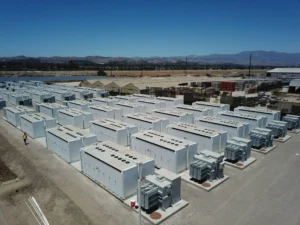

(Credit: Strata Clean Energy)
Strata Clean Energy, a developer and service provider for utility-scale solar and storage systems, has closed on $559 million in financing for the construction and ownership of the 255MW/1,020MWh Scatter Wash battery storage complex.
The facility broke ground January 18 and is expected to be operational by April, 2025. It will provide Arizona Public Service (APS) customers with energy, support increased power demand, and will also store energy from solar power plants on its grid to use when it is needed, particularly in the summertime when extreme heat and electricity demand is high in Arizona. In May 2023, Strata forged a 20-year tolling agreement with APS.
“The successful financing for the Scatter Wash battery storage complex marks a significant step forward in our mission to drive the transition to clean energy,” said Markus Wilhelm, Chief Executive Officer of Strata Clean Energy. “This opportunity to collaborate with our financing partners to bring this critical project to fruition will create a lasting, sustainable impact on a region that struggles with grid challenges and extreme heat.”
GO DEEPER: Check out the Factor This! energy storage podcast playlist, including episodes on battery storage, long-duration energy storage, gravity storage, and more. Subscribe wherever you get your podcasts.
The development of Scatter Wash is supported by the Investment Tax Credit (ITC) for standalone energy storage created by the Inflation Reduction Act (IRA) of 2022. Last year, Strata was one of the first to take advantage of the tax incentive for energy storage for two projects in Vermont.
Strata has more than 270 solar and storage projects completed, per the company, and it has been involved in the development and construction of 3,000 MW of solar energy and 3,200 MWh of utility-scale energy storage. Its current development pipeline contains 8,400 MW of solar capacity and 31,800 MWh of storage.
J.P. Morgan and Nomura acted as coordinating lead arrangers and joint bookrunners. J.P. Morgan also fulfilled roles as administrative agent, depositary agent, and collateral agent. The financing was further supported by U.S. Bancorp Impact Finance and CoBank as coordinating lead arrangers with the Korea Development Bank and Norddeutsche Landesbank as joint lead arrangers. Furthermore, Siemens and Regions contributed as lenders in this transformative project, and U.S. Bancorp Impact Finance was also the primary tax equity investor.

